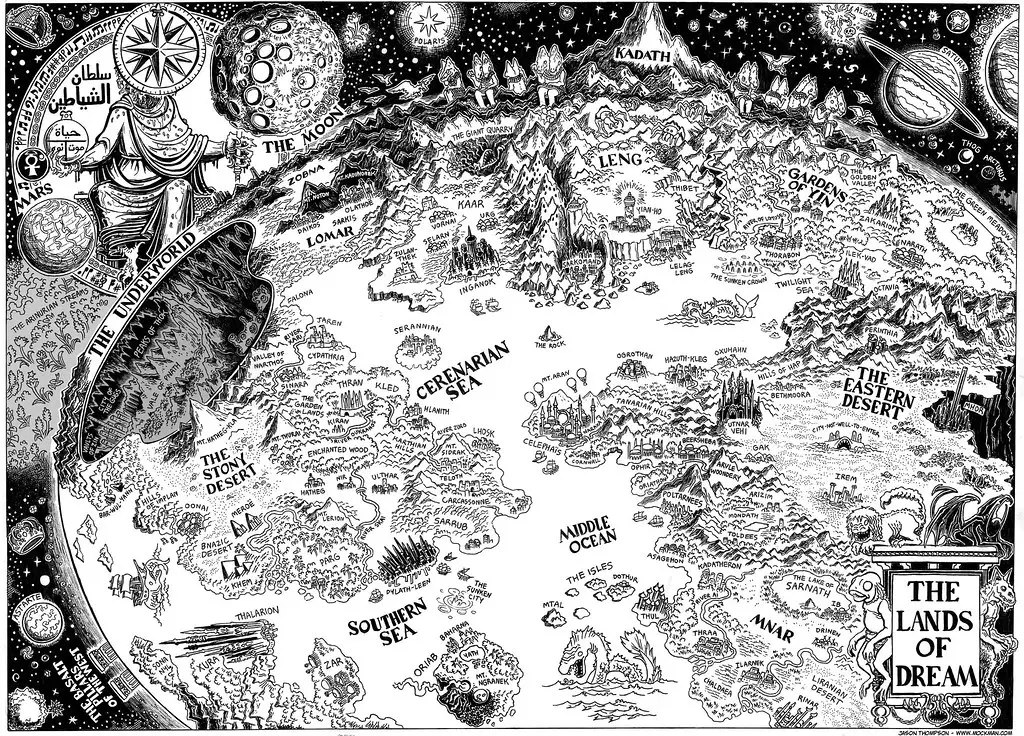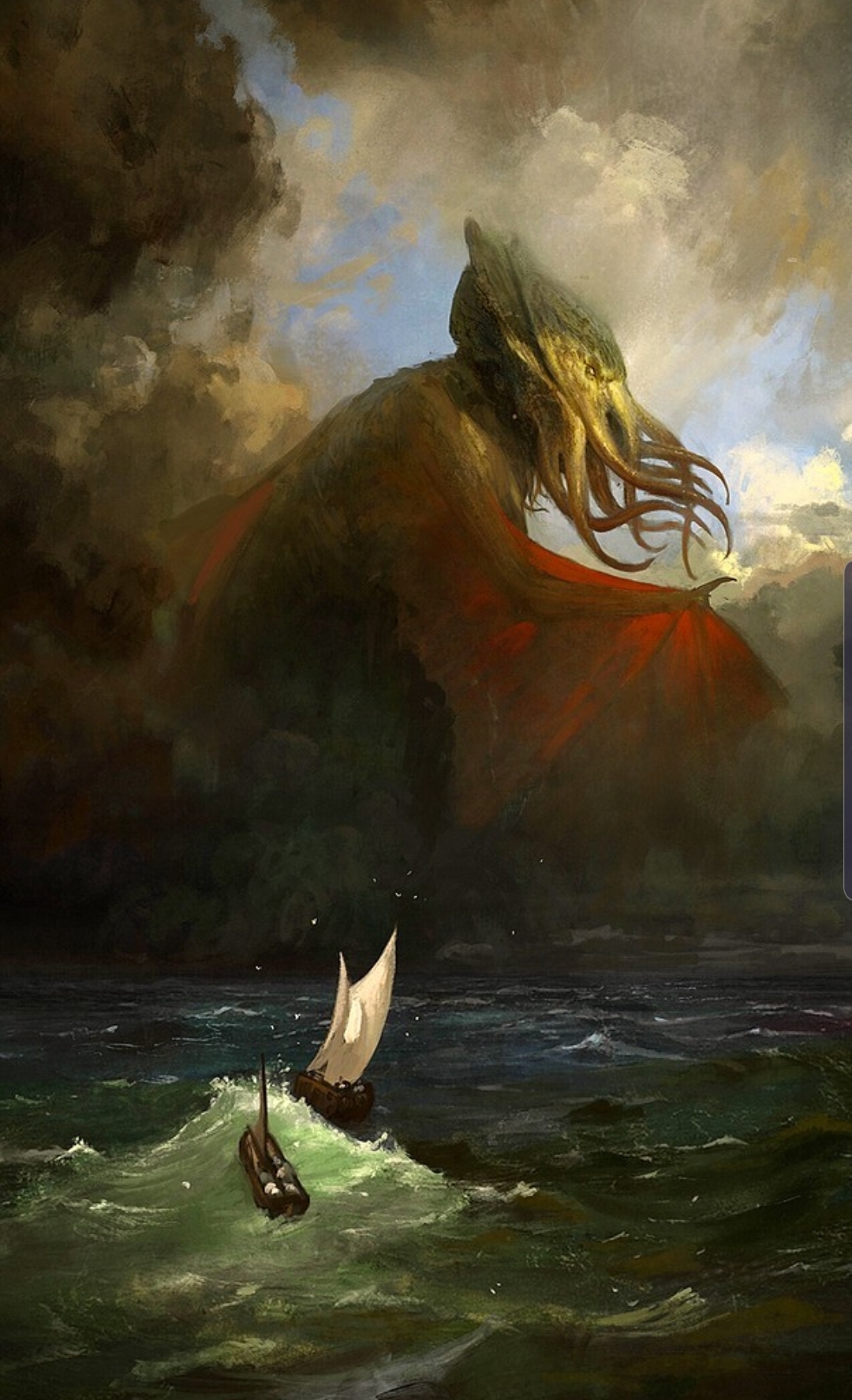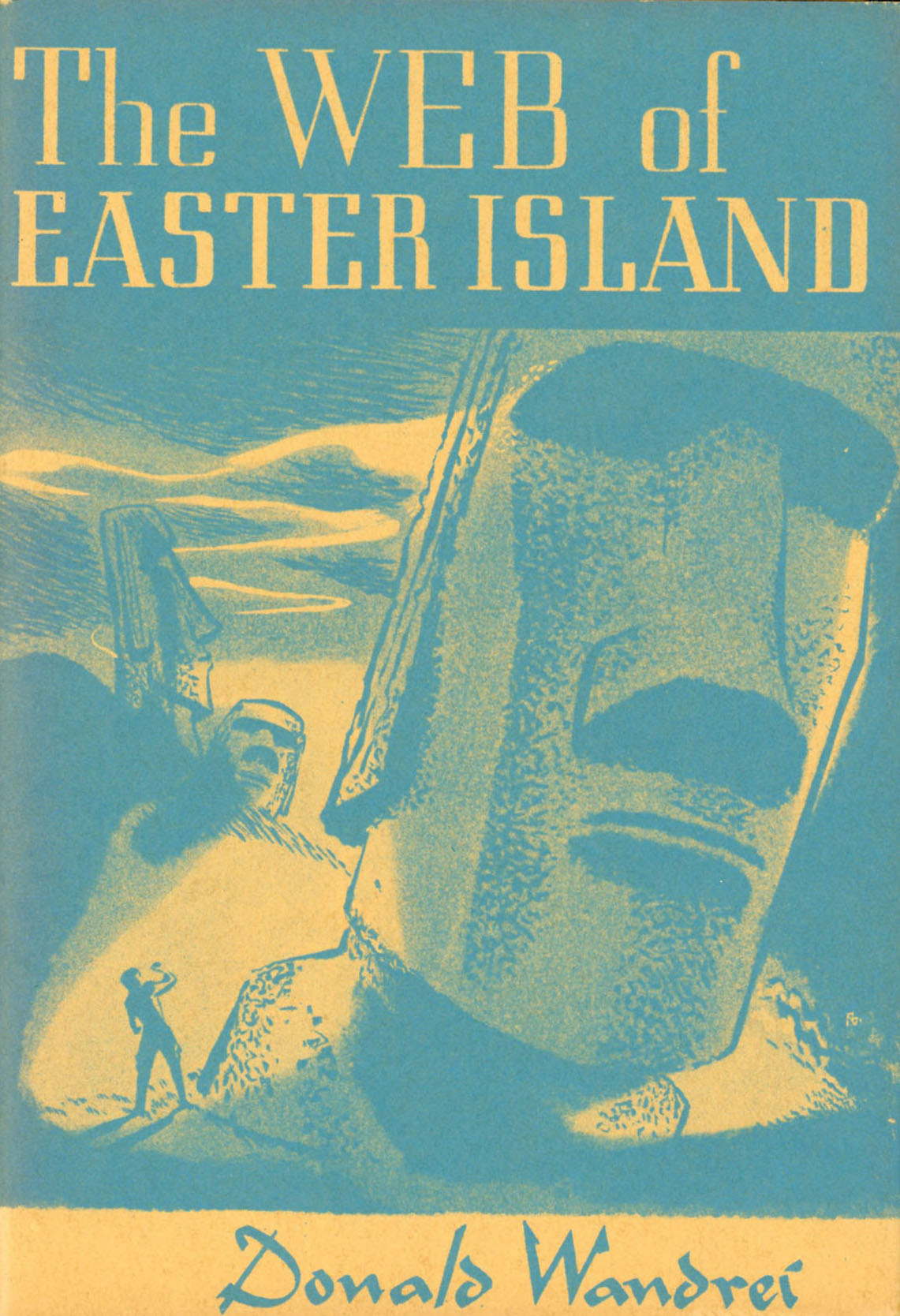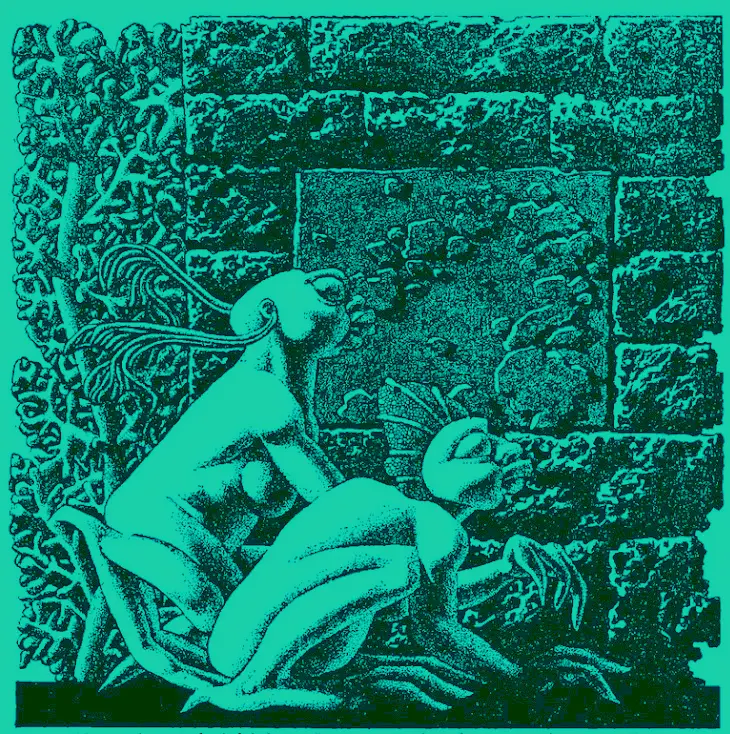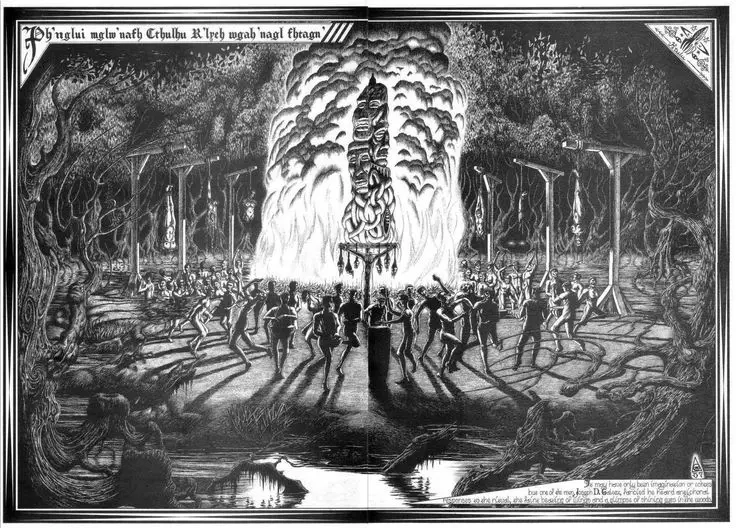Tag: Cthulhu
"When the stars will be right": HP Lovecraft between prophecy and Apocalypse
In tales such as "The Call of Cthulhu" (1926) and "Nyarlathotep "(1920) Howard Phillips Lovecraft foresaw the crisis of Western civilization that we are witnessing today, a century later: from this point of view, the boundless sequence of horrendous crime reports, spy of a world in prey, should be framed to an incurable and pervasive anguish, in which the seasons have altered their natural cycle and in which wars and revolutions follow one another continuously, throwing humanity into a situation of apparently irreversible crisis, destined to lead, "when the stars have returned to the right position ”, in a“ New Dark Age ”.
From Stonehenge to Rapa Nui: Donald Wandrei and the return of the Titans
Taking both hands from the "Weird" literature of HP Lovecraft e Arthur Machen and combining the proceeds with the hypotheses of Charles Fort and the theosophical and "Atlantean" doctrines, Wandrei's 1932 novel was able to anticipate if not actually shape most of the cultural currents ascribable to the so-called "alternative reality" of the second part of the twentieth century: from the "magic realism" of Jacques Bergier to the "paleo-astronautics", from the encounter with extraterrestrial civilizations up to some dystopian predictions that today, almost a century later, do not seem science fiction at all.
He who looked into the abyss: HP Lovecraft and "The ocean at night"
In "The Night Ocean", the last story written by the Providence Dreamer before his premature death, the profound relationship of communion and at the same time of "cosmic terror" towards the oceanic element and its abysmal depths is revealed in a complete way, from Lovecraft experienced firsthand.
Beasts, men or gods: HP Lovecraft's alien cults
(image: John Coulthart, "The Call of Cthulhu")
The presence of mythical-religious themes in the work of the "cosmic Poe" - as Jacques Bergier defined it - is of interest not only from a literary point of view, but also with respect to the relationship between modernity and this type of knowledge. As is now known even to non "experts", Howard Phillips Lovecraft defined himself as a «absolute materialist and mechanistic[1] persuaded that the world was the mathematical sum of physical impulses governed by chance and deriving human aspirations to mere fantasies. Yet, behind this profession of faith - which too many have stopped at when questioning the Loner of Providence - there is much more. For example, the fact that he had studied and therefore well knew the ancient myths of the West, Greco-Roman but also Germanic and Norse. Well, how are these interests related to yours World vision? Why should an enthusiastic follower of science and technology be passionate about those myths that the same followers of the Goddess Reason often relegate to expressions of a convoluted and premodern, "infantile" humanity? The contradiction, in reality, is only apparent.

